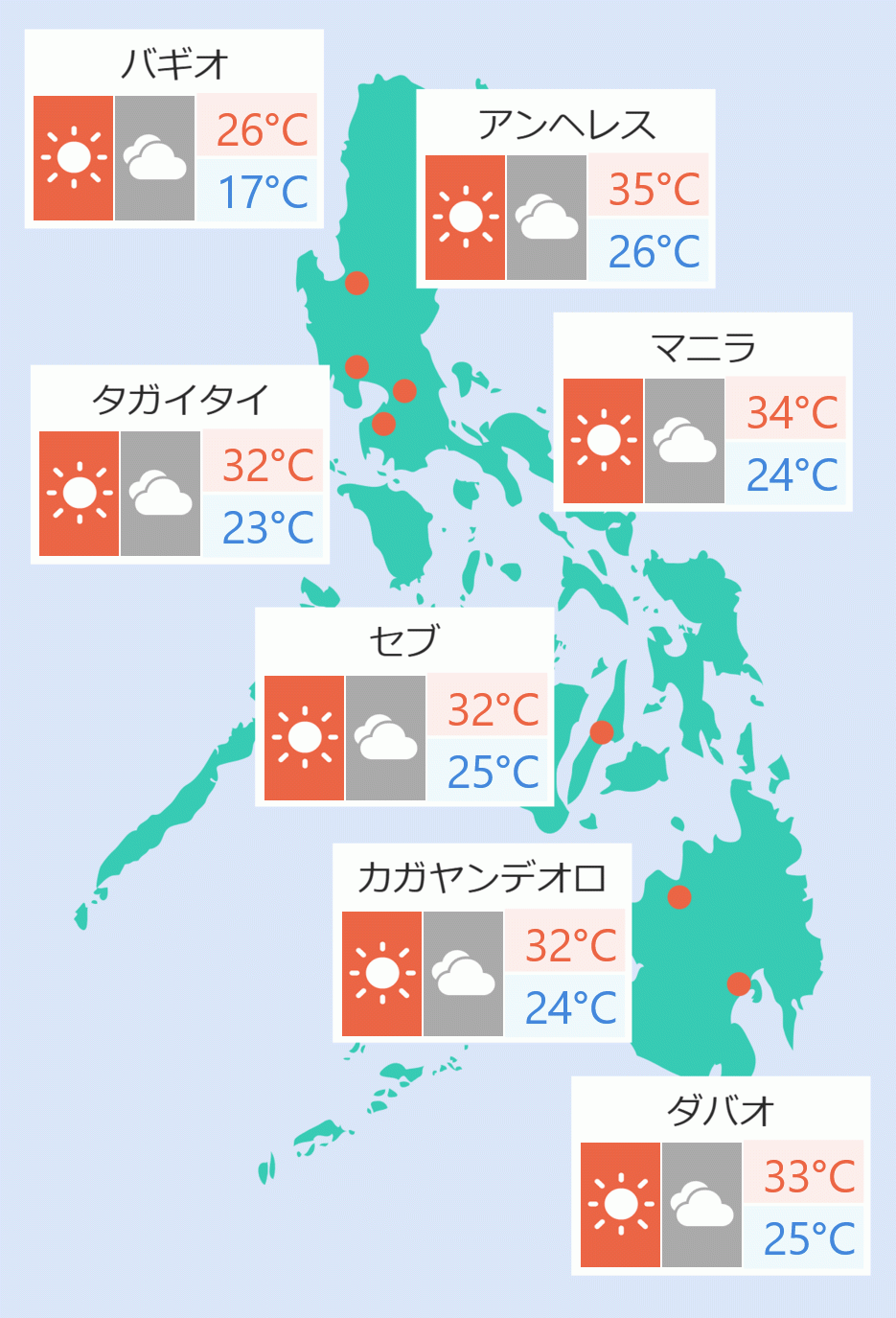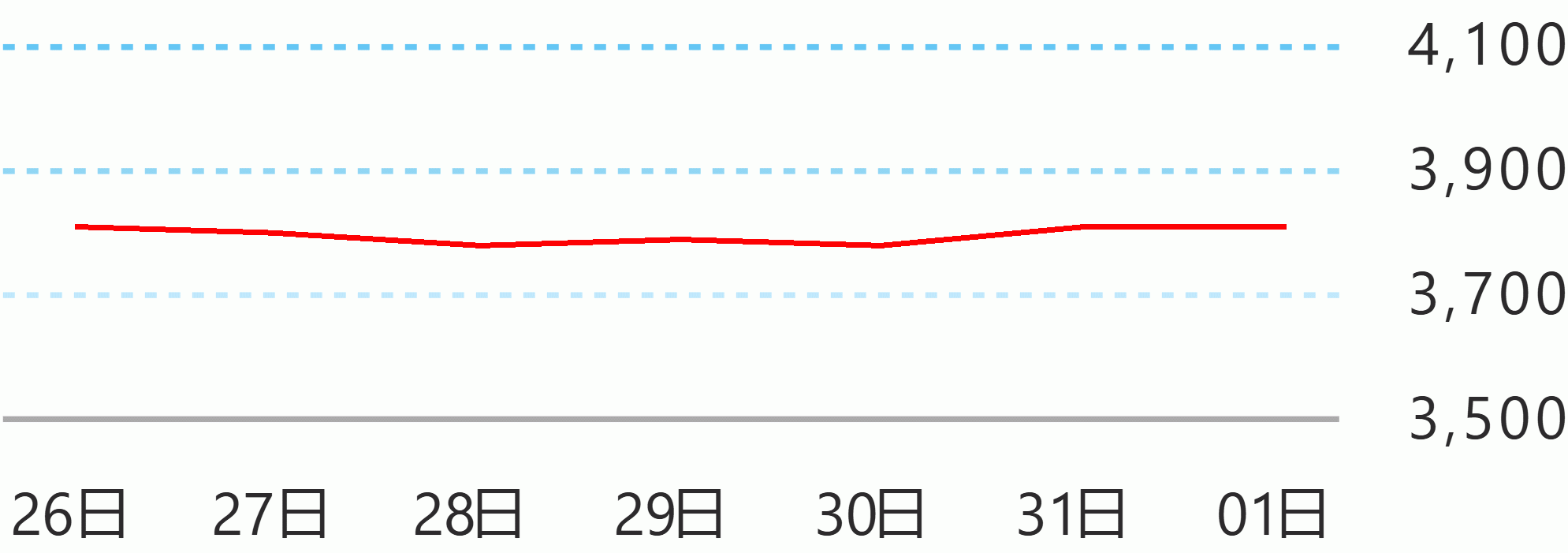Finance Secretary Benjamin Diokno has noted that the narrowing National Government (NG) deficit for the first nine months of 2023 due to higher revenue collections and better expenditure performance is a strong indication that the country’s debt-to-GDP ratio will continue to stabilize.
According to the Bureau of the Treasury’s (BTr) September cash operations report, NG fiscal deficit saw a 2.9 percent improvement to P 983.47 billion in the first three quarters of 2023 from the P1.01 trillion recorded during the same period in 2022.
Year-to-date, the deficit figure is only 66 percent of the P1.50 trillion full-year program.
“The lower deficit outturn indicates that NG debt-to-GDP ratio will continue to stabilize and allow the country to remain on track to achieving the Medium-Term Fiscal Framework (MTFF) target of 61.2 percent for 2023 and less than 60 percent by 2025,” Diokno noted.
Total revenues for the first nine months reached P 2.84 trillion, a 6.8 percent increase from the P 2.66 trillion collected in the same period last year.
Total revenues collected for the said period is 76.1 percent of the Development Budget Coordination Committee’s (DBCC) full-year revenue program of P 3.73 trillion.
Taxes made up the majority of NG revenues from January to September 2023, which improved by 6.4 percent year-on-year (YOY) to P 2.54 trillion.
In particular, the Bureau of Internal Revenue (BIR) grew its collections to PHP 1.86 trillion from January to September , outperforming its collection for the same period last year by 7.3 percent.
However, BIR’s collection for the first three quarters of 2023 was slightly lower than the program by 3.9 percent, mainly due to the second tranche reduction of personal income tax (PIT), immediate expending of input value added tax (VAT) on capital goods, and timing of VAT filing that shifted from monthly to quarterly basis starting this year under the Tax Reform for Acceleration and Inclusion (TRAIN) Act.
On the other hand, the Bureau of Customs’ (BOC) cumulative collection for the nine-month period exhibited a 3.4 percent growth, reaching P 660.4 billion, which was higher than programmed by 2.5 percent.
Likewise, tax collections from other offices are on the rise, increasing by 27.1 percent YoY to P22.9 billion.
Non-tax revenues also significantly improved, reaching P 296.5 billion from January to September. This represents a 10.5 percent increase compared to the same period last year.
In terms of expenditures, NG underspending has decreased as the government released 73.1 percent of its P 5.23 trillion full-year program for the year.
Total expenditure for the first nine months of 2023 reached P3.82 trillion, 4.2 percent higher year-on-year.
This is expected to increase further in the fourth quarter as government agencies implement catch-up plans, Diokno said.
“As we enter the fourth quarter of 2023, we expect to see improvement in tax revenue collections as economic activity increases amid the holiday season, while the government further increases its spending. The expected deceleration in inflation for the remaining months of the year could also provide support to consumption, a significant tax base,” he said.
Diokno noted that administrative measures by the BIR and BOC will be further intensified to enhance their revenue collections for the remaining months of the year.
These programs include a tax compliance verification drive; Run After Tax Evaders (RATE); Oplan Kandado; Philippine offshore gaming operator (POGO) task force; strike team; and digital transformation programs of the BIR.
The BIR has also stepped up its drive to detect and penalize buyers, sellers, and certified public accountants (CPAs) using fraudulent invoices and receipts through the Run After Fake Transactions (RAFT) campaign.
For the BOC’s part, it will continue the full implementation of the fuel marking program; intensify post-audit clearance of importers; enhance trade facilitation; and strengthen border control.
To enhance expenditure performance, the government has identified the main challenges to spending which include preparatory activities for procurement, take-up of beneficiaries, seasonality in project implementation, implementation problems, and payment issues.
To address documentation issues, close coordination with the Department of Budget and Management (DBM), more aggressive processing of pending documentation requirements, and early facilitation of budget requests will be carried out.
In terms of take-up and implementation, integrated efforts from concerned units and a recalibration of validation processes for beneficiaries are being implemented.
Payment issues are also being addressed through the streamlining and standardization of payment requirements.
“The ongoing efforts of the government have been effective in bolstering its spending so far and the government is poised to sustain the robust expenditure performance in the coming months,” Diokno said. DOF Communications Group





 English
English










